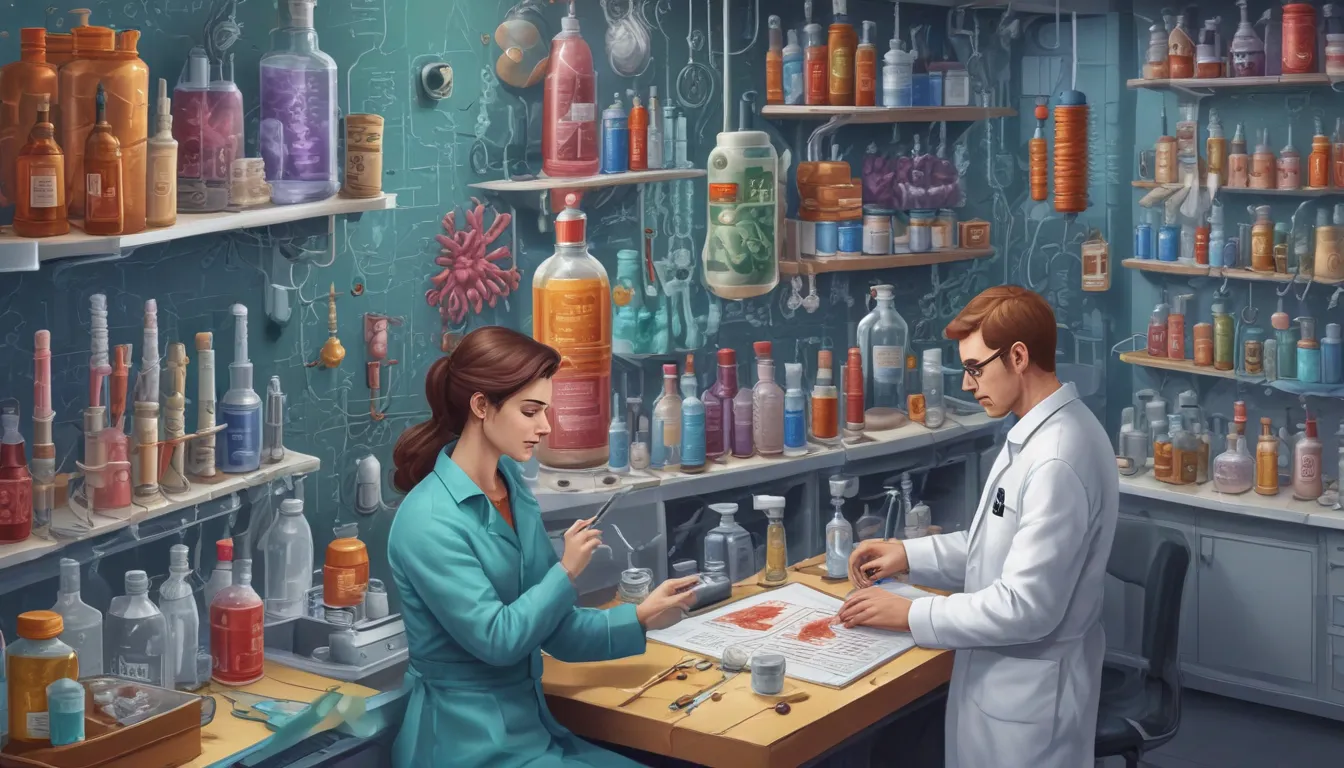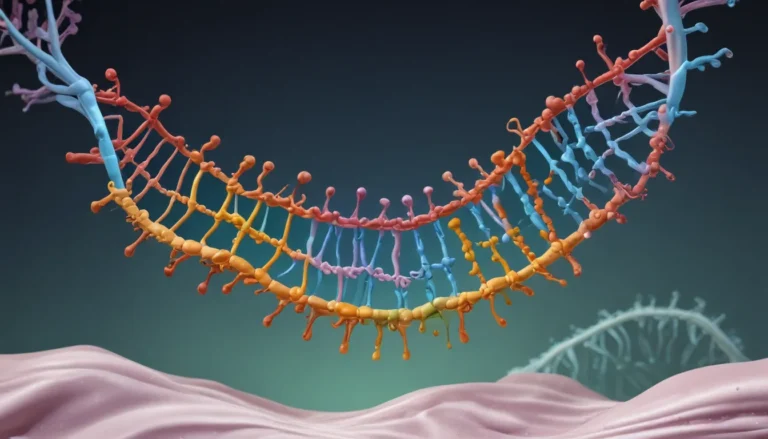A Note About Images: The images used in our articles are for illustration purposes only and may not exactly match the content. They are meant to engage readers, but the text should be relied upon for accurate information.
Vaccine development is a captivating field that has transformed modern medicine and played a pivotal role in combating infectious diseases throughout history. From the eradication of smallpox to the ongoing efforts to develop vaccines for diseases like COVID-19, scientists have made incredible strides in understanding, testing, and producing vaccines.
Key Takeaways
- Vaccines have a rich history and have been instrumental in eradicating diseases, ultimately saving millions of lives. The development of vaccines involves rigorous testing, collaboration, and ongoing monitoring for safety, contributing to significant advancements in medical science.
- Vaccine development is a complex, time-consuming process that follows strict regulations and protocols. It requires substantial financial investment and incorporates technological advancements, playing a critical role in global health initiatives.
Vaccines through the Centuries
Vaccine development traces its roots back to the 18th century when Edward Jenner successfully created the first vaccine for smallpox. This groundbreaking achievement paved the way for the development and improvement of vaccines against a variety of diseases.
Training the Immune System
Vaccines work by training the immune system to recognize and fight pathogens. When administered, vaccines stimulate an immune response and trigger the production of antibodies, which help the immune system effectively combat specific pathogens, thereby preventing infections.
Collaboration for Success
The development of vaccines requires collaborative efforts among scientists, researchers, pharmaceutical companies, and government agencies. This collaboration ensures that expertise and resources are combined, accelerating the development process and maximizing impact.
Eradicating Diseases
Vaccines have played a pivotal role in eradicating diseases such as smallpox. Effective vaccination programs have led to the eradication of smallpox, showcasing the power and effectiveness of vaccines in public health.
Continuous Monitoring for Safety
Even after a vaccine is approved, monitoring systems are in place to detect and investigate any potential side effects or adverse reactions. Ongoing monitoring is crucial to ensuring the safety and effectiveness of vaccines.
Advancements in Medical Science
The research and development involved in vaccine development have contributed significantly to advancements in understanding the immune system and novel approaches to combating infectious diseases. These advancements have paved the way for innovative solutions in the field of medicine.
A Lifesaving Measure
Vaccination has prevented numerous cases of diseases and saved millions of lives globally. Vaccines have had a profound impact on public health, proving to be one of the most effective preventive measures against infectious diseases.
Regulatory Guidelines
Strict regulations and protocols are in place to ensure the safety, efficacy, and quality of vaccines. These guidelines are essential in safeguarding the public and maintaining the integrity of the vaccine development process.
Diverse Applications
Vaccine development extends beyond infectious diseases, with research ongoing for conditions like cancer, allergies, and autoimmune disorders. This diversification offers new avenues for treatment and prevention in various medical fields.
Financial Investment
The development of vaccines requires significant financial investment in research, clinical trials, manufacturing, and distribution. Effective funding is crucial to support and expedite the development of vaccines, ensuring their availability to the public.
Cost-Effectiveness
Vaccines have contributed to the reduction of healthcare costs by preventing diseases and reducing the need for treatment, hospitalizations, and long-term care. Vaccination programs have proven to be cost-effective investments in public health.
Technological Innovations
Advancements in technology, such as genetic engineering and synthetic biology, are being utilized to develop vaccines with improved efficacy and safety profiles. These technological breakthroughs offer promising opportunities for future vaccine development.
Global Health Initiatives
Collaboration among international organizations, governments, and public health agencies ensures that vaccines are accessible, particularly in low-income countries. Immunization campaigns have played a significant role in reducing the burden of infectious diseases worldwide.
Building Trust
The success of vaccination programs hinges on public trust and confidence in the safety and effectiveness of vaccines. Education and communication are essential in addressing concerns and promoting vaccine acceptance among the population.
Conclusion
In conclusion, the development of vaccines is a captivating and intricate process that has revolutionized the field of medicine. From Edward Jenner’s smallpox vaccine to modern-day COVID-19 vaccines, researchers and scientists have made remarkable progress in combating infectious diseases.
Exploring these 16 facts about vaccine development sheds light on the meticulous research and testing that ensure the safety and efficacy of vaccines. Vaccines have been instrumental in saving lives and eradicating diseases worldwide, making them a cornerstone of public health.
As we face new challenges with emerging infectious diseases, vaccine development will remain a critical area of scientific research. By staying informed and supporting vaccination efforts, we can contribute to a healthier and more resilient future for all.
FAQs
Q: How long does it take to develop a vaccine?
A: The timeline for developing a vaccine varies but typically involves several years of research and testing before approval for use.
Q: Are vaccines safe?
A: Yes, vaccines undergo extensive testing for safety and efficacy before approval. The benefits of vaccination outweigh any risks.
Q: Can vaccines cause autism?
A: No, numerous studies have debunked the claim that vaccines cause autism. Vaccines are safe and do not increase the risk of autism.
Q: Why are animal models used in vaccine development?
A: Animal models help study the safety and effectiveness of vaccines before human trials, providing insights into their potential impact.
Q: How do vaccines work?
A: Vaccines stimulate the immune system to recognize and fight specific pathogens, training the body to produce an immune response without causing the disease.
Vaccine development is a compelling field with a rich history of lifesaving contributions. If you found these facts intriguing, consider exploring the remarkable work of renowned experts like Dr. Paul Offit and Dr. Peter J. Hotez, whose dedication to public health has driven progress in immunology.
We are committed to providing accurate and engaging content to help you stay informed and learn more about the world of vaccines. Trust in our commitment to quality and authenticity as you explore and discover the fascinating world of vaccine development.






